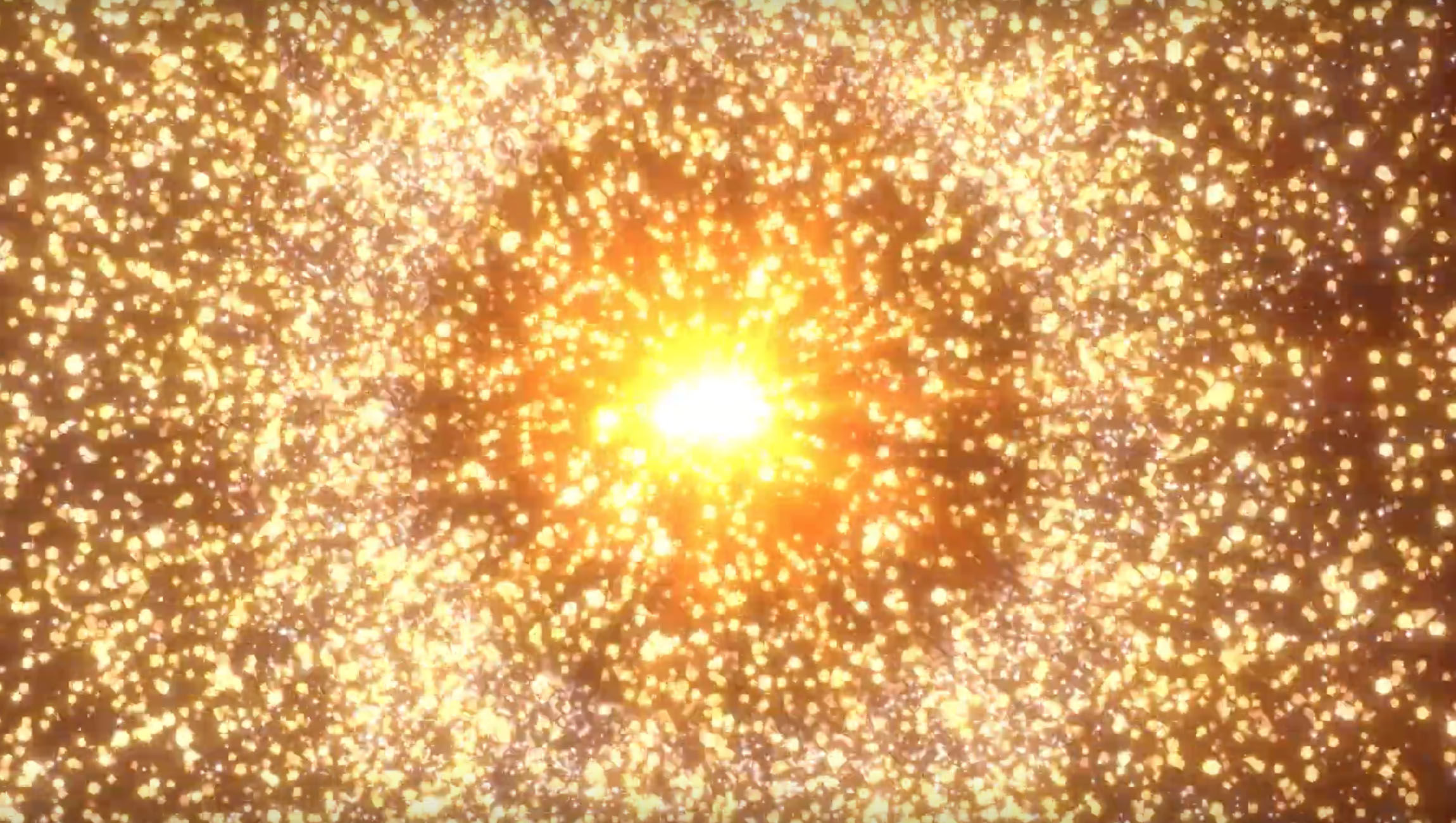Create a free profile to get unlimited access to exclusive videos, sweepstakes, and more!
Venus could tell us if life on Earth is headed for an inferno

The seventh circle of hell doesn’t only exist in The Divine Comedy. It’s Venus.
Never mind that this scorching, inhospitable planet was named after the Greco-Roman goddess of love (someone must have had a sense of humor there). Venus is the hottest planet in the solar system, even though it isn’t the closest to the Sun. Now NASA wants to investigate this infernal world more than ever for what secrets it may reveal. How did it turn out to be so different from Earth if they both supposedly started out as similar environments — and could greenhouse gas emissions put us in danger of the same fate?
"Venus is like the control case for Earth," said planetary scientist Sue Smrekar of NASA’s Jet Propulsion Laboratory. "We believe they started out with the same composition, the same water and carbon dioxide. And they've gone down two completely different paths. So why? What are the key forces responsible for the differences?"
Smrekar is part of the space agency’s Venus Exploration Analysis Group (VEXAG), which is investigating how to study the planet up close, as well as what its extreme climate could tell us about our own.
Venus gets hot and heavy at up to 900 degrees Fahrenheit, which can easily melt lead. That explains why its blistering surface has a reddish glow reminiscent of an ancient goddess’s passion, and why only a few probes have made it to the surface before perishing in a matter of hours. Its atmosphere, swirled with sulfuric clouds, is a crushing 90 times denser than Earth’s. This is why it might seem surprising that scientists believe Venus was once a rocky ocean world not too different from our own. The thing is, the Sun was a lot smaller and dimmer back then.
“Many of the same tools we use to model climate change on Earth can be adapted to study climates on other planets, both past and present,” NASA Goddard researcher Michael Way said in an earlier study. “These results show ancient Venus may have been a very different place than it is today.”
As our star matured, the solar heat triggered an onslaught of greenhouse gases. As temperatures crept up and then skyrocketed, immense amounts of water from the oceans of Venus evaporated. It just kept getting hotter from there, because water vapor is amazing at trapping heat.
As if that weren't enough, carbon from its rocks sublimated, or transitioned directly from a solid to a gas phase, and those molecules bonded with oxygen to create even more carbon dioxide. Anyone who calls Earth home should know how CO2 emissions have ramped up the greenhouse effect on our own planet. Venus ended up turning into a cosmic hell after the thick layer of water vapor and carbon dioxide trapped heat that would otherwise have escaped into space.
The burning question is whether Earth could be next.
It is highly improbable that the heat over here will ever reach Inferno levels as described by Dante. Venus can raise awareness about what happens when the greenhouse effect is beyond extreme, but all life on Earth would be extinguished if we reached even half the CO2 concentrations in the Venusian atmosphere. That still doesn't mean we’re immune. When global warming happened at warp speed during the Permian period around 252 million years ago, it effectively extinguished most of life on Earth. Temperatures during what is now called the “great dying” weren’t even close to the wrath of Venus.
The only way to find out more about Venus and its relation to Earth is to go there, whether by a robotic probe or specialized hot air balloons that can handle the heat. These proposed balloons would float somewhere between the killer atmosphere and searing surface to keep their sensors alive long enough to gather useful information. NASA has also designed an awesome steampunk rover, the Automaton Rover for Extreme Environments (AREE) that could possibly stand to crawl across the surface.
So if there were any prehistoric aliens on Venus, could they have been completely incinerated? Who knows? We may never find out.
(via NASA)














